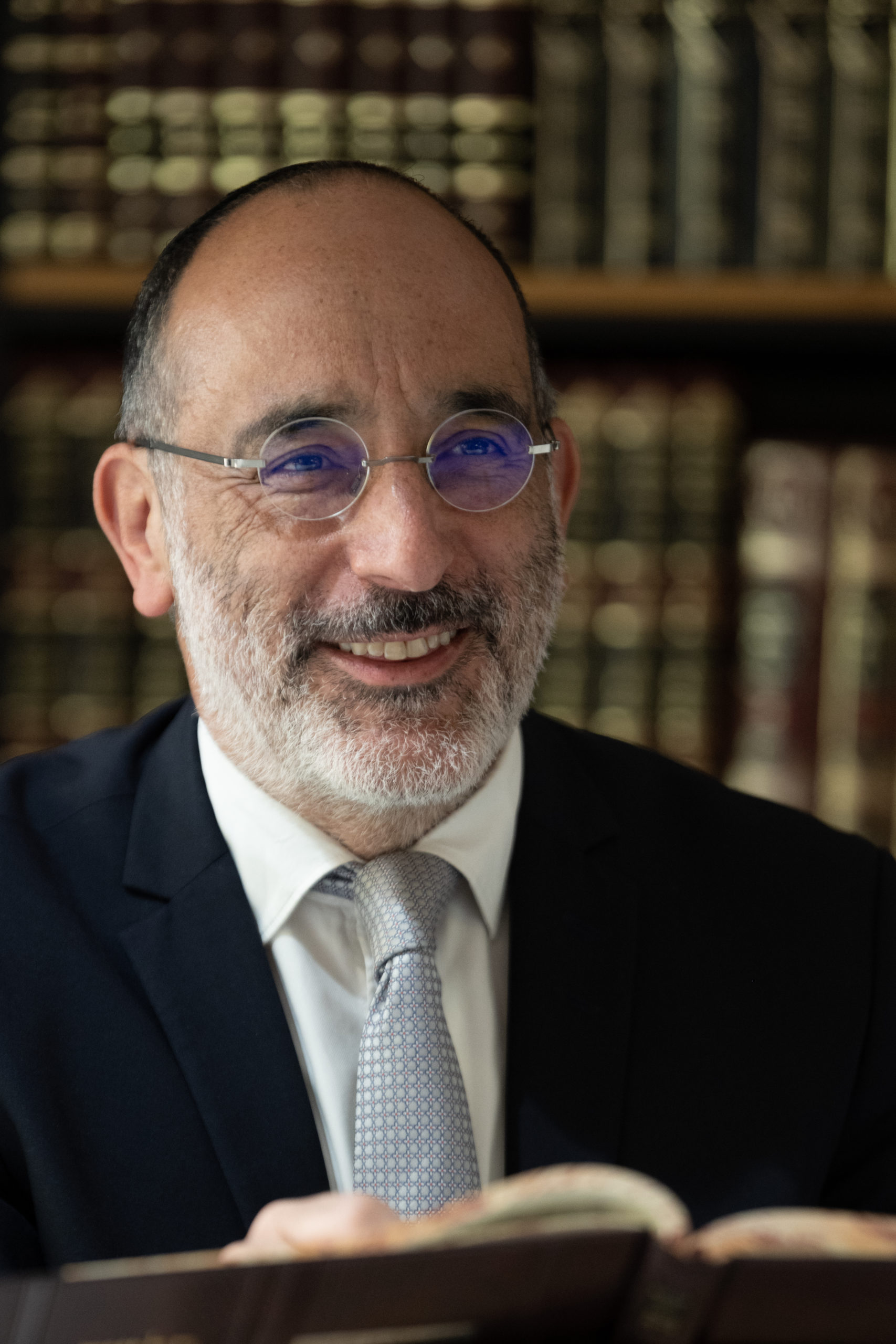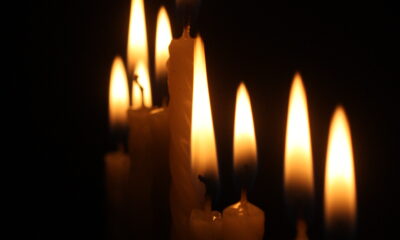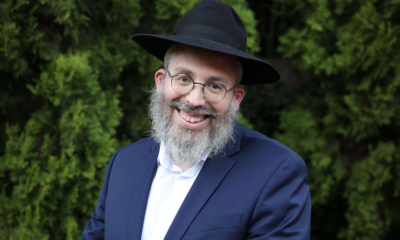
OpEds

The secret to success
Over the past few days, as I reflected on the significance of the 15th yahrtzeit, marked this week, of my mentor, teacher, and rosh yeshiva, Rabbi Azriel Chaim Goldfein of blessed memory, I realised that he taught me a vital lesson that can guide our community at this juncture.
We live in a world of numbers. We count everything. We assign numbers to virtually every aspect of our lives. But we tend to be consumed by them, to ascribe them too much importance, often at the expense of that other critical element of appraisal – quality. While quantity is a measure of the physical world, quality is a measure of the spiritual world.
Rabbi Goldfein often emphasised the value of quality over quantity. As with all his teachings, he expressed this lesson in the way he lived his life. Though he ran a relatively small yeshiva in Johannesburg, its impact has been enormous, far out of proportion with its size. Indeed, through the quality of this institution – of the Torah that was taught there and students that were produced, who serve in positions throughout our community – the yeshiva helped mould the community as we know it.
There’s an important message here for us. As a community, we’ve always been small in number by global standards. Even at our peak, we were much smaller in comparison with the two biggest Jewish communities in the world – America and Israel – and even those in France, Canada, Russia, and Britain.
And yet, our impact both within the broader South African society and abroad in the Jewish diaspora, far outstrips our relatively small size. This is true on an individual level, but especially as a collective. We’re a community that sets certain standards, and models certain values and behaviours, that make us the envy of communities around the world. Communities far greater in terms of quantity look to us for guidance in terms of quality.
But what’s the essence of quality? What gives it power over quantity? The key message of Chanukah is that quality is, at root, a spiritual force, and that the Torah, as G-d’s blueprint for creation, is the source of it. The closer we are to our divine source, the more we can develop our quality, and from there, change the world.
Where do we see this lesson in the events of Chanukah?
The mighty Greek empire, which had conquered most of the known world at the time, had invaded the land of Israel, and was pursuing a relentless campaign to remove all vestiges of Torah living from the society. The situation seemed hopeless. Many Jews at the time were abandoning their faith due both to the existential threat and enticements of Greek society. It was at this point that a small group of people banded together – Matityahu and his brothers – to try and do something about the situation. What began simply as an act of defiance became a miraculous military defeat of the mighty Greek army, allowing the Jewish people to reclaim the land and the freedom to practice Judaism. It was the spiritual power – the righteousness and uprightness, the justice of the cause, the purity of vision – of the 10 Maccabean leaders that enabled them to defeat the great army of the Greeks. They were small in physical quantity, but potent in spiritual quality.
This idea is symbolised by the iconic miracle of Chanukah – the small jar of pure oil the Maccabees found when they recaptured the Temple, which burnt for eight days when it should have burnt for one. This is why we celebrate Chanukah by lighting candles for eight days. It was the oil’s spiritual purity that imbued it with the miraculous power to burn for eight days, to transcend its physical limitations.
The prayer we read recounting the great miracles of Chanukah describes how G-d delivered “the many into the hands of the few”. As the Torah says, “Not because you are the most numerous of the nations did G-d want you and choose you – for you are the fewest among the nations.” Jewish history is the story of the smallness of the Jewish people and our outsize impact on the world. It’s the story of quality over quantity. But the secret to our success – just as it was for the Maccabees – is our connection to the source of our power – the spiritual purity of the Torah.
And this is the great lesson of Chanukah for the Jewish people, and especially for diaspora communities like ours, that irrespective of our numbers, if we remain upright and loyal to our divine heritage, then we’ll survive and ultimately thrive.
It’s instructive that, globally, communities that are becoming detached from their Judaism deteriorate as the new generation disengages and assimilates. On the other hand, communities that are growing in their Torah connection are enjoying not just qualitative growth but quantitative growth – the new generation is marrying Jewish, having children, giving tzedakah, getting involved in shuls and Jewish schools.
That’s the message we, the South African Jewish community, need to hear this Chanukah. As individuals, as families, and as a community, by growing in our mitzvahs, in our Torah learning, in our journey to keeping Shabbos, in our acts of kindness, we can thrive. We can build thriving schools and shuls and community organisations and, most importantly, warm and vibrant Jewish homes.
Together, by dedicating ourselves to growing through Torah and mitzvahs, and reinforcing what makes us special – by focusing on our key qualities – we can create a thriving, vibrant community that our children will want to be part of.










